In new research, astronomers have mapped the magnetic field in the historic Tycho supernova remnant that accelerates charged particles close to the speed of light.
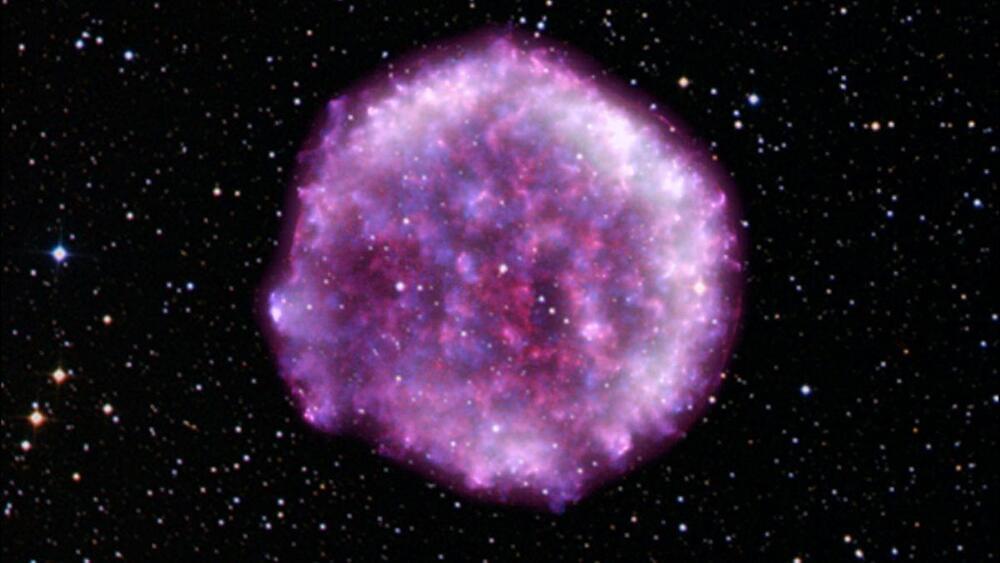

The cosmos is full of mysteries, one of which is the existence of supermassive black holes. Though much effort has been granted to these celestial mysteries, the evolution and formation of such supermassive black holes are quite hard to explain.
Supermassive Black Holes
According to Science Alert, these celestial objects are among the heaviest in the entire universe. In fact, their mass can be up to millions or billions of times that of the sun. They can have the mass of more than 10 billion suns, and this is not just in theory.
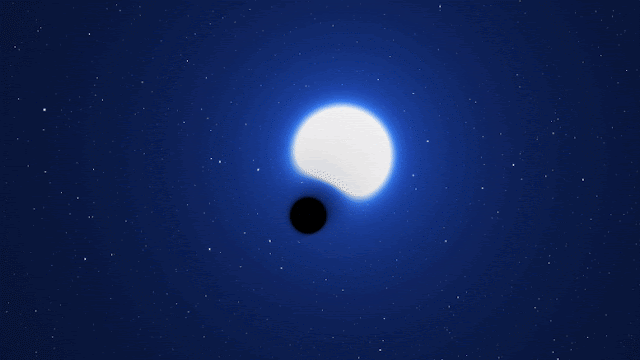
Astronomers have found what they are calling a “cosmic needle in a haystack” in a galaxy next to our Milky Way. It is a dormant black hole that seems to have formed without the explosion of a dead star.
Researchers said on Monday that this black hole is different from all the others that we know of because it is “X-ray quiet.” This means that it doesn’t make a lot of X-ray radiation, which would indicate that it is eating nearby matter with its huge gravitational pull, and that it didn’t form in a supernova.
Black holes are very dense things with so much gravity that not even light can get out.
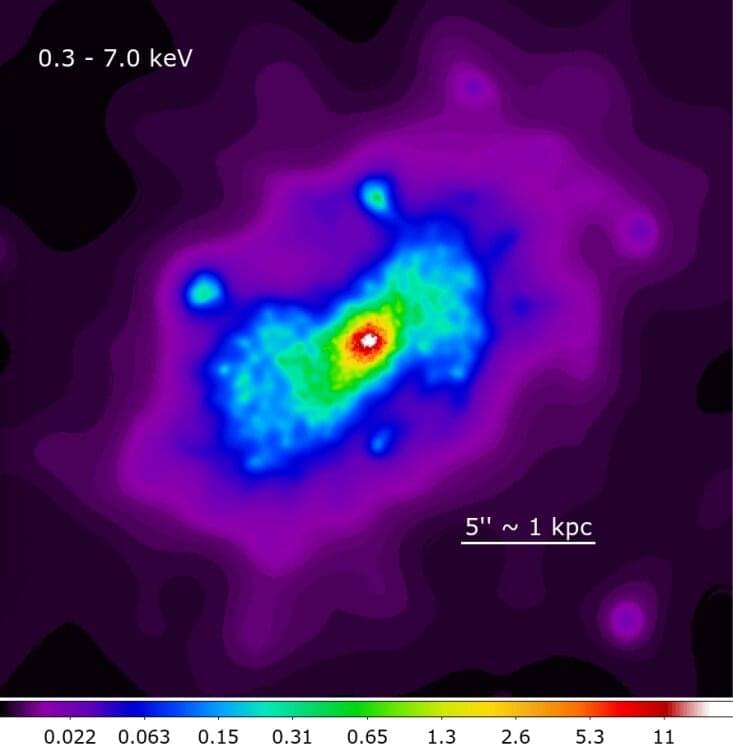
Using NASA’s Chandra X-ray observatory, astronomers have performed deep X-ray observations of a nearby active galaxy known as NGC 5,728 and its active galactic nucleus (AGN). Results of the observational campaign, published March 1 on the pre-print server arXiv, deliver important information regarding the properties of this AGN and the emission from it.
AGN are compact regions at the center of a galaxy, more luminous than the surrounding galaxy light. They are very energetic due either to the presence of a black hole or star formation activity at the core of the galaxy.
Located some 146 million light years away in the constellation of Libra, NGC 5,728 is an active barred spiral galaxy with a size of nearly 100,000 light years and an estimated mass of about 72 billion solar masses. It is a Seyfert galaxy of type 1.9, with a heavily obscured and complex AGN powered by a supermassive black hole (SMBH) at its center.
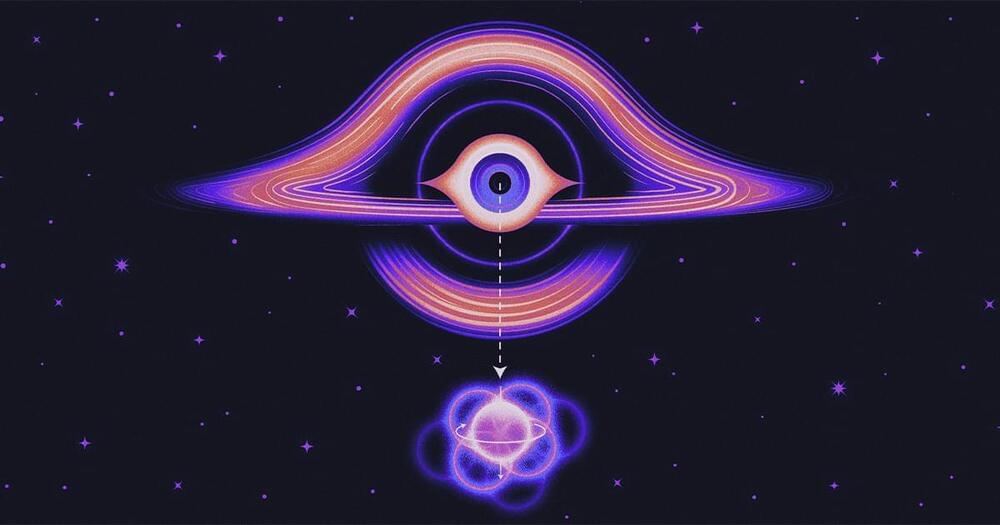

The most famous one is the cell phone itself: Captain Kirk’s communicator inspired the folks at Motorola to make the first handheld mobile device in 1973. Star Trek: The Original Series (popularly called TOS) from the 1960s also inspired video conferencing. But things started to amp up when, in 1987, Star Trek: The Next Generation (aka TNG) hit the floors, with Sir Patrick Stewart in the lead. It became one of the most syndicated shows on television—which is how I discovered it in mid-90s India on the Star network. It fundamentally impacted my life, inspiring me to become the technology writer I am today.
But more than me, this show heralded more technological concepts that are becoming increasingly real. The LCARS computer on the Galaxy-Class USS Enterprise D is basically the foundation of what Google is today. Google’s former head of search, Amit Singhal, often said that the company is “trying to build the Star Trek computer”.

I recently speculated on a toy model for scientific theology, with superintelligent God-like entities that live in the bare quantum vacuum. More speculations below.
This is not (yet) science — it’s far too vague and speculative to be called that — or theology. Call it science fiction (or “religion fiction” in the sense explored in my article “Religion Fiction Inspires Real Religion”) without the fiction. I guess I should write a science fiction story as a container for these speculations.
Therefore, I’ll often refer to superfluid vacuum theory (SVT) as “Cooper-Hofstadter theory” — a SVT that was featured in “The Big Bang Theory” TV show, of all things! Also, I guess Sheldon Cooper is more known than Leon Cooper.
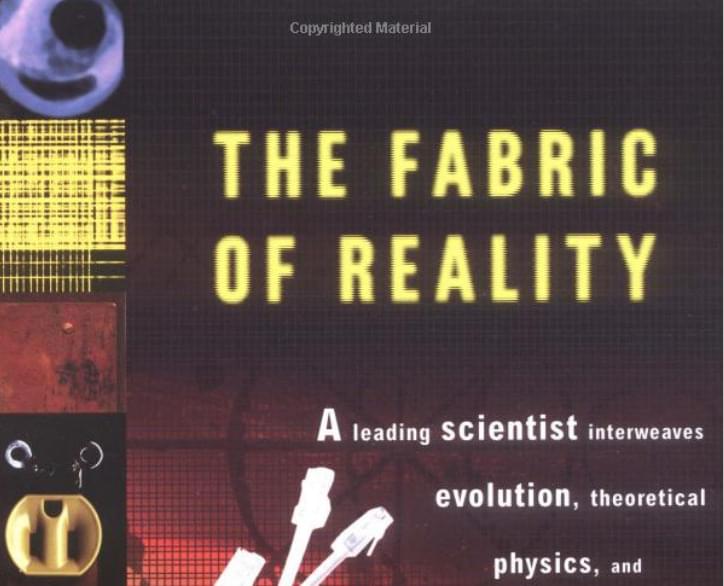
I recently read an interesting book on reality, entitled The Fabric of Reality. In the book, David Deutsch constructs a unified theory of reality by combining four fundamental theories: 1. Quantum mechanics (multiverse interpretation). 2. Turing principle of computers and artificial intelligence. 3. Popperian epistemology. 4. Darwinian evolution. Deutsch says: In all cases the theory […].
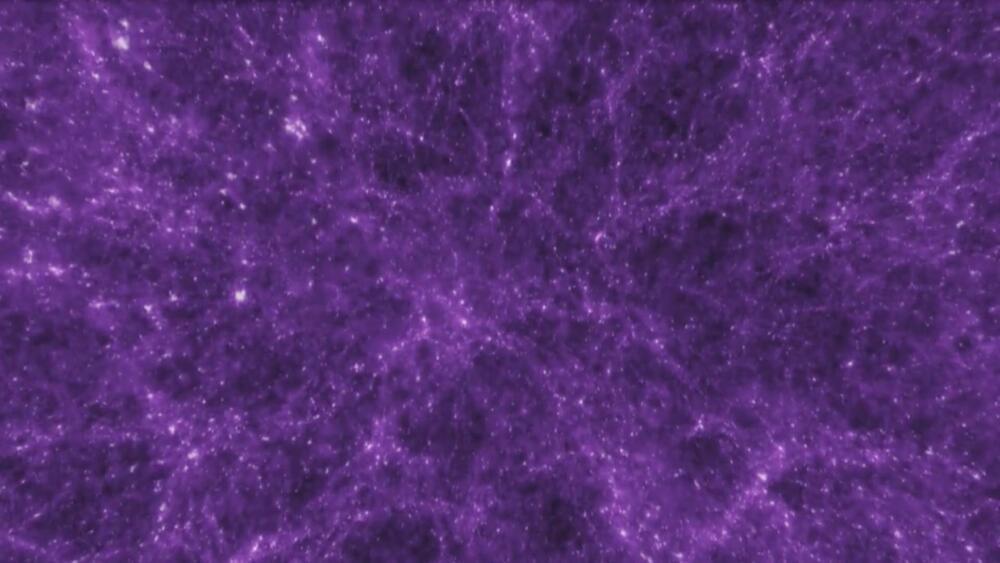
First evidence of magnetic fields in the Universe’s galactic web.
The cosmic web is the name astronomers give to the structure of our Universe. It refers to the clusters, filaments, dark matter, and voids that make up the basis of this ever-expanding Universe. We can observe this via optical telescopes by mapping the locations of galaxies.
In a new research published in Science Advances, for the first time, scientists claim to have observed shockwaves moving through these galaxy clusters and filaments that make up the galactic or cosmic web. A phenomenon that has long been a universal mystery.
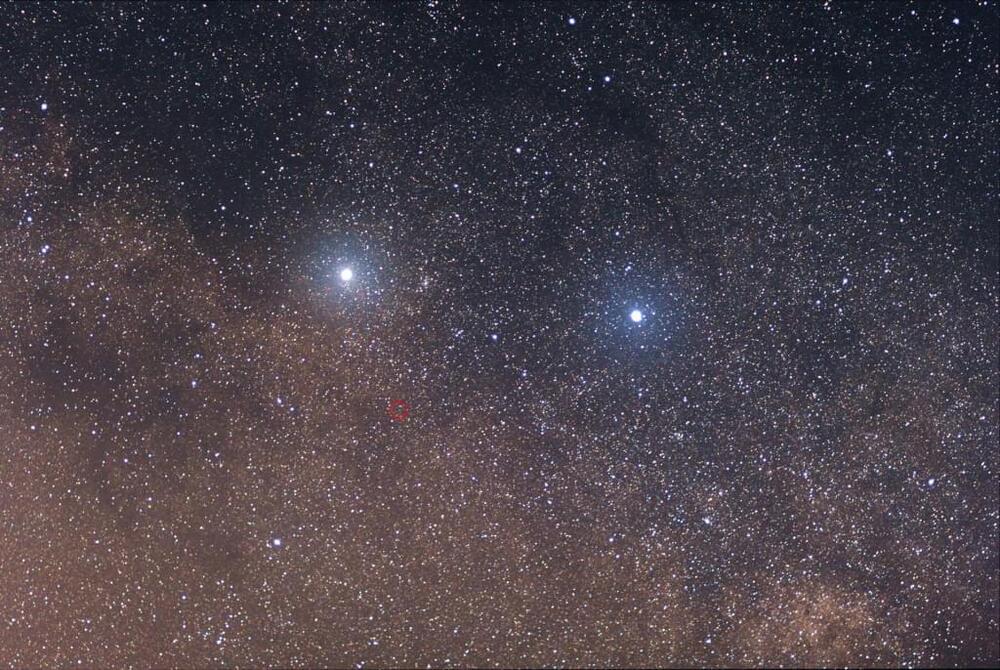
The field equations of Einstein’s General Relativity theory say that faster-than-light (FTL) travel is possible, so a handful of researchers are working to see whether a Star Trek-style warp drive, or perhaps a kind of artificial wormhole, could be created through our technology.
But even if shown feasible tomorrow, it’s possible that designs for an FTL system could be as far ahead of a functional starship as Leonardo da Vinci’s 16th century drawings of flying machines were ahead of the Wright Flyer of 1903. But this need not be a showstopper against human interstellar flight in the next century or two. Short of FTL travel, there are technologies in the works that could enable human expeditions to planets orbiting some of the nearest stars.
Certainly, feasibility of such missions will depend on geopolitical-economic factors. But it also will depend on the distance to nearest Earth-like exoplanet. Located roughly 4.37 light years away, Alpha Centauri is the Sun’s closest neighbor; thus science fiction, including Star Trek, has envisioned it as humanity’s first interstellar destination.